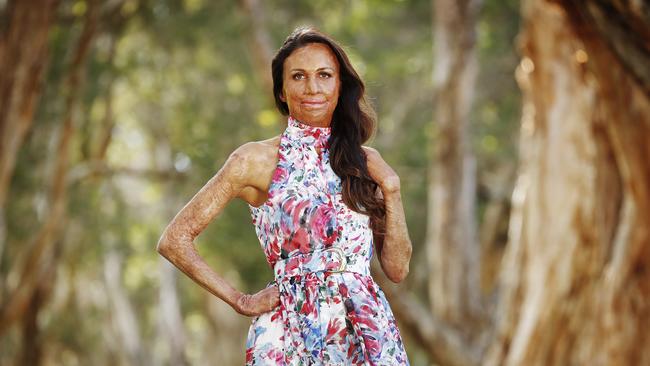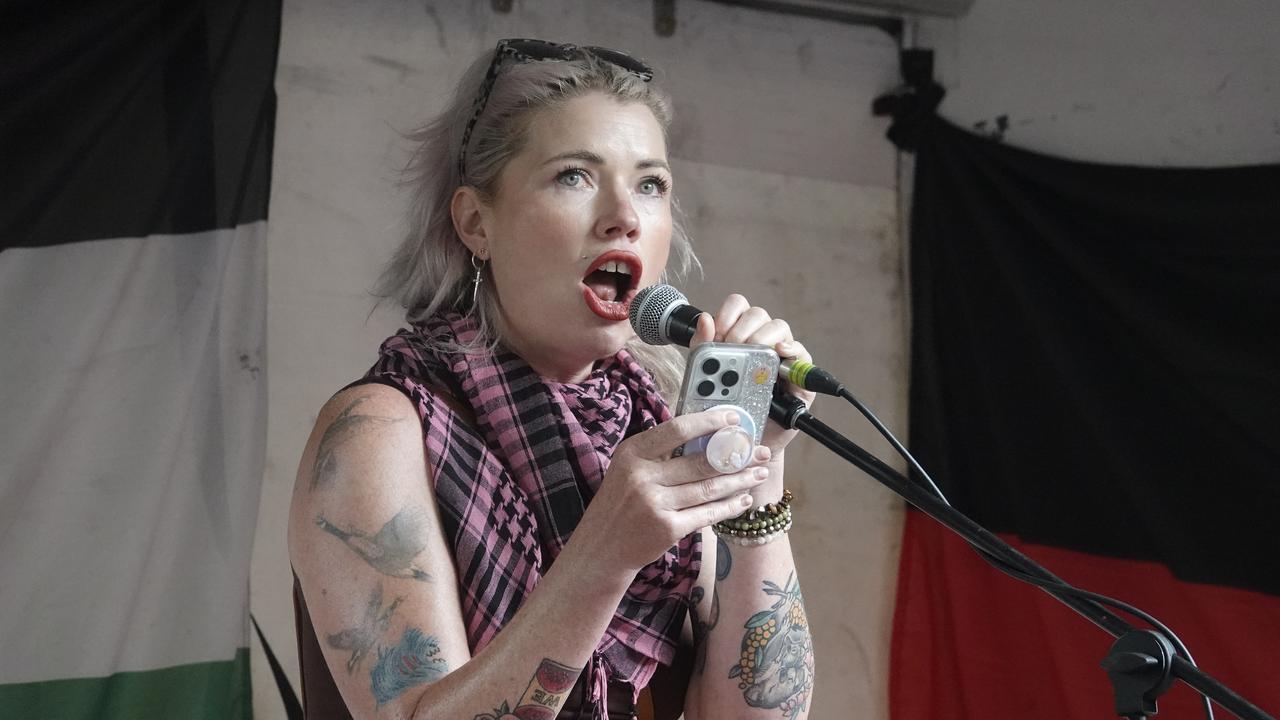Q&A: Turia Pitt, author and humanitarian, 35
If anyone knows about the harmful pressure to feel amazing every day, it’s Turia Pitt. How does she handle it?

You were an outback mining engineer when, in 2011, you competed in a remote ultramarathon in the Kimberley and were caught in a grassfire. What had you envisioned for your life before that fateful day? I envisioned myself moving up the ranks as an engineer. That obviously didn’t happen – but there’s the potential that I would have gotten sick of working as an engineer, anyway; I could have left when I became a mum. Maybe I’d be a CEO right now. I don’t spend a lot of time thinking about all of the “what ifs”, though. That chapter is closed now.
How was that process of letting go of the life you’d known until that point? A big part of getting on with it isn’t just about pulling your socks up and stiffening your upper life but acknowledging that you’re not always going to feel amazing every day, and that’s OK. I think there’s this culture of toxic positivity where we all have this pressure to always feel amazing, be motivated and super enthusiastic. I think that’s bullshit. Life isn’t always roses and butterflies and we’ve got to be OK with that.
You’ve harnessed your experiences in a way that lets you help others conquer their own fears and negativity. How do you protect yourself from some of that? This might sound a bit selfish, but everything I do has to be beneficial to me. Whether that’s my running program or my podcast where I get to talk to some really cool people, it has to be something that I enjoy the process of. Then I can put it out there into the world and other people can find benefit in it as well. I think that’s really awesome. That’s a good thing.
You’ve just done a picture book, Koko and the Coconut. How did that project come about? I’m Tahitian and so is my mum and co-creator Celestine. She came up with the idea of a Tahitian coconut crab called Koko. I really wanted to make a book that both kids and adults would enjoy. I can’t tell you how many children’s books I’ve read to my kids [Hakavai, five, and Rahiti, two] which are really boring and hard to get into. I wanted to make sure each word of Koko and the Coconut pulled its weight, which made editing a challenging process – I never realised how hard that would be. But the story is beautiful and so are the Polynesian-style illustrations. I’m glad I trusted my mum.
What message do you hope the story sends? The Tahitian coconut crab, a large terrestrial crab which is common in Tahiti, has to climb up the tree in order to snip the coconut off from the very top – and that process takes hours and hours. So I guess the story is a really good example of what it means to stay consistent and keep at something. I guess you could say the same about me.
You’re a bestselling author with four books including your memoir, Unmasked. Is it true that writing your thoughts and experiences down is some of the best therapy out there? There has been a lot of research about documenting your thoughts and feelings after a traumatic experience; it might not make sense to you at the time, but it has been shown to be very helpful [in the long term] for dealing with something difficult. And I’ve really found that to be the case with me. The process of writing and then reflecting on the words has helped me to find some meaning. When I write something and put it into the world and people tell me it’s been helpful, it just makes my day.
Koko and the Coconut by Turia Pitt and Celestine Vaite (Penguin Random House Australia, $19.99) is out now




To join the conversation, please log in. Don't have an account? Register
Join the conversation, you are commenting as Logout